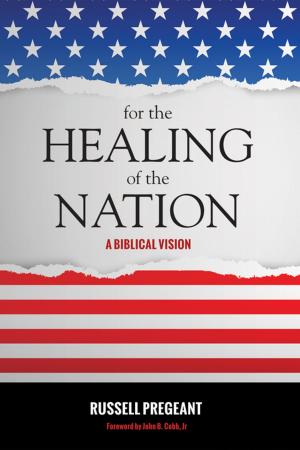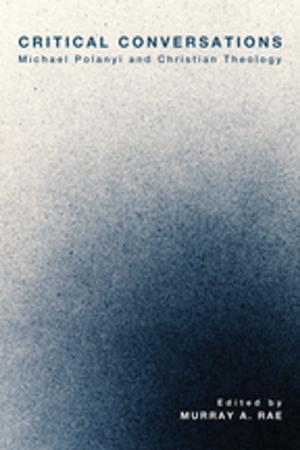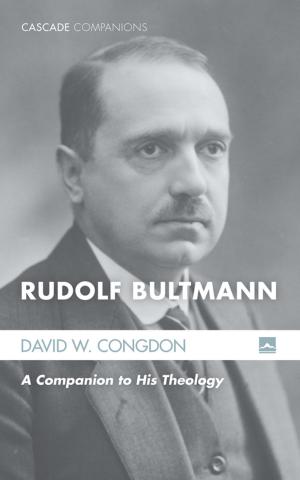| Author: | Elizabeth Newman | ISBN: | 9781621894728 |
| Publisher: | Wipf and Stock Publishers | Publication: | October 18, 2012 |
| Imprint: | Cascade Books | Language: | English |
| Author: | Elizabeth Newman |
| ISBN: | 9781621894728 |
| Publisher: | Wipf and Stock Publishers |
| Publication: | October 18, 2012 |
| Imprint: | Cascade Books |
| Language: | English |
The disunity of the church is a social and theological scandal for it betrays the prayer of Jesus that we will be one . . . so that the world will believe (John 17:21). As a Baptist whose academic background focused on the Orthodox Church and whose teaching has included Catholic and Protestant contexts, this division is for Elizabeth Newman personal and professional. Attending to the Wounds on Christ's Body rests on the conviction that the broad tradition of Christianity already contains resources to heal the church, namely the saints of the church. Newman examines especially how Teresa of Avila (1515-1582) speaks to the whole church today in the midst of political, economic, and ecclesial brokenness. Teresa's reliance upon three scriptural figures--dwellings, marriage, and pilgrimage--helps make sense of an ecclesial way of life that is inherently unitive, a unity that stands in contrast to that of the nation-state or the global market. Teresa's scriptural journey offers an alternative at once liturgical, political, and economic. This Doctor of the Church provides medicine that can repair wounds of division that separate brothers and sisters in Christ.
The disunity of the church is a social and theological scandal for it betrays the prayer of Jesus that we will be one . . . so that the world will believe (John 17:21). As a Baptist whose academic background focused on the Orthodox Church and whose teaching has included Catholic and Protestant contexts, this division is for Elizabeth Newman personal and professional. Attending to the Wounds on Christ's Body rests on the conviction that the broad tradition of Christianity already contains resources to heal the church, namely the saints of the church. Newman examines especially how Teresa of Avila (1515-1582) speaks to the whole church today in the midst of political, economic, and ecclesial brokenness. Teresa's reliance upon three scriptural figures--dwellings, marriage, and pilgrimage--helps make sense of an ecclesial way of life that is inherently unitive, a unity that stands in contrast to that of the nation-state or the global market. Teresa's scriptural journey offers an alternative at once liturgical, political, and economic. This Doctor of the Church provides medicine that can repair wounds of division that separate brothers and sisters in Christ.















